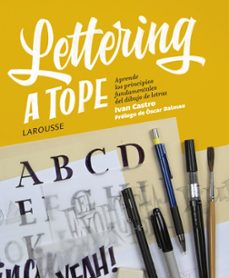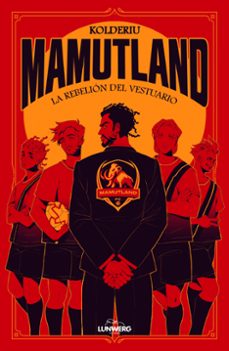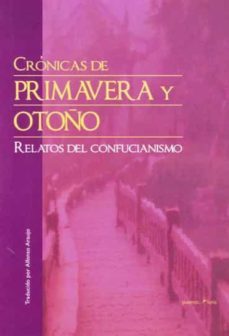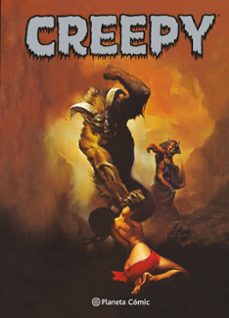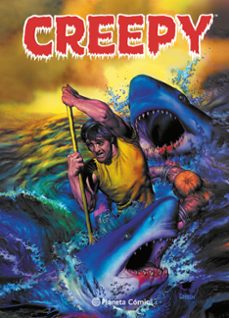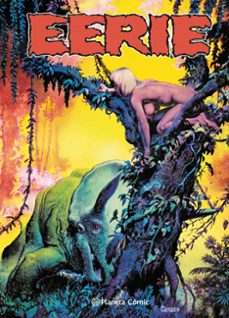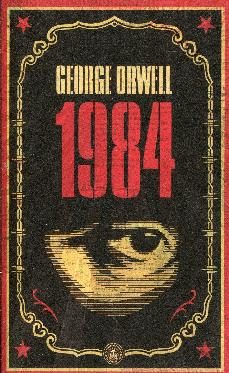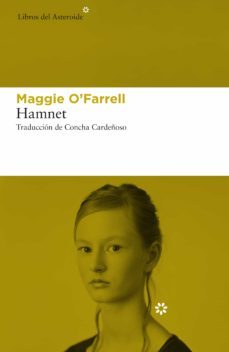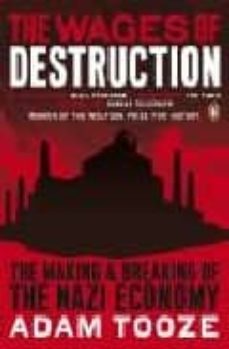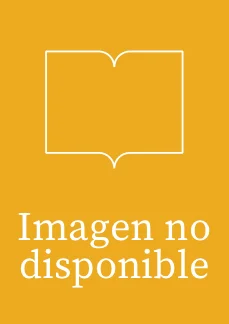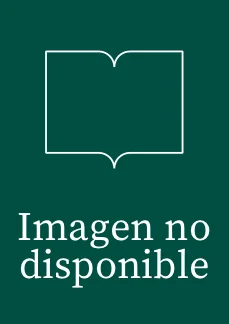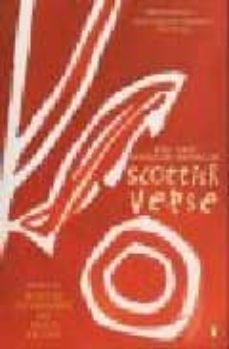Imprescindibles
Más vendidos Libros más leídos eBooks más leídos Todos los libros Todos los libros Autores destacados Series y sagas
Recomendados Libros recomendados Autores destacados Libros que inspiran Vidas con historia LGTBIQ+ English books
Ficción
Literatura Contemporánea Estudios literarios Clásicos Cuentos Poesía Teatro Libros de bolsillo Sagas literarias
Géneros literarios Novela romántica y erótica Novela negra Novela histórica Narrativa fantástica Novela de ciencia ficción Novela de terror Narrativa de humor Narrativa de viajes
No Ficción
Ciencias y tecnología Biología Ciencias Ciencias naturales Divulgación científica Informática Ingeniería Matemáticas Medicina Salud y dietas Formación Idiomas Estilo de vida Libros de Cocina Guías de viaje Narrativa de viajes Deportes Libros de Juegos Manualidades
Humanidades Autoayuda y espiritualidad Ciencias humanas Derecho Economía y Empresa Psicología y Pedagogía Filosofía Sociología Filología Biblioteconomía Estudios filológicos Estudios lingüísticos Estudios literarios Historia y crítica de la Literatura
Infantil
Juvenil
#Jóvenes lectores Narrativa juvenil Clásicos adaptados Libros Wattpad Libros Booktok Libros de influencers Libros de Youtubers Libros Spicy Juveniles Libros LGTBIQ+ Temas sociales Libros ciencia ficción Libros de acción y aventura Cómic y Manga Juvenil Cómic Juvenil Manga Shonen Manga Shojo Autores destacados Jennifer L. Armentrout Eloy Moreno Nerea Llanes Hannah Nicole Maehrer
Libros de fantasía Cozy Fantasy Dark academia Hadas y Fae Romantasy Royal Fantasy Urban Fantasy Vampiros y hombres lobo Otros Misterio y terror Cozy mistery Policiaca Spooky Terror Thriller y suspense Otros
Libros románticos y de amor Dark Romance Clean Romance Cowboy Romance Mafia y amor Romance dramatico Romcom Sport Romance Otros Clichés Enemies to Lovers Friends to Lovers Hermanastros Slow Burn Fake Dating Triángulo amoroso
Cómic y Manga
Novela gráfica Novela gráfica americana Novela gráfica europea Novela gráfica de otros países Personajes, series y sagas Series y sagas Star Wars Superhéroes Cómics DC Cómics Marvel Cómics otros superhéroes Cómics Valiant
eBooks
Literatura Contemporánea Narrativa fantástica Novela de ciencia ficción Novela de terror Novela histórica Novela negra Novela romántica y erótica Juvenil Más de 13 años Más de 15 años Infantil eBooks infantiles
Humanidades Autoayuda y espiritualidad Ciencias humanas Economía y Empresa Psicología y Pedagogía Filosofía Historia Historia de España Historia Universal Arte Cine Música Historia del arte
Ciencia y tecnología Ciencias naturales Divulgación científica Medicina Salud y dietas Filología Estudios lingüísticos Estudios literarios Historia y crítica de la Literatura Estilo de vida Cocina Guías de viaje Ocio y deportes
ROBERT CRAWFORD
Recibe novedades de ROBERT CRAWFORD directamente en tu email
Filtros
Del 1 al 6 de 6
PENGUIN 9780141003481
This chilling, fascinating new book is the first fully to get to grips with how Hitler's Nazi empire REALLY functioned. There was no aspect of Nazi power untouched by economics - it was Hitler's obsession and the reason the Nazis came to power in the first place. The Second World War was fought, in Hitler's view, to create a European Empire strong enough to take on the United States - a last chance for Europe to dig itself in before being swept away by the USA's ever greater power. But, as The Wages of Destruction makes clear, Hitler was never remotely strong enough to beat either Britain or the Soviet Union - and never even had a serious plan as to how he might defeat the USA. It took years of fighting and the deaths of millions of people to destroy the Third Reich, but effectively World War II in Europe was fought in pursuit of a fantasy: the years in which Western Europe could settle the world's fate were, by 1939, long past. This is a major book by a major author and will provoke an enormous amount of controversy and debate.
Ver más
Tapa blanda
CORNERSTONE 9781529925456
The second volume of Robert Crawford s magisterial biography of the revolutionary modernist visionary poet and troubled man drawing on extensive new sources In this compelling and meticulous portrait of the twentieth century s most important poet Robert Crawford completes the story he began in Young Eliot Drawing on extensive new sources and letters this is the first full scale biography to make use of Eliot s most significant surviving correspondence including the archive of letters unsealed for the first time in 2020 detailing his decades long love affair with Emily Hale This long awaited second volume Eliot After The Waste Land tells the story of the mature Eliot his years as a world renowned writer and intellectual and his troubled interior life From his time as an exhausted bank employee after the publication of The Waste Land through the emotional turmoil of the 1920s and 1930s and his years as a firewatcher in bombed wartime London Crawford reveals the public and personal experiences that helped generate some of Eliot s masterpieces He explores the poet s religious conversion his editorship at Faber and Faber his separation from Vivien Haigh Wood and happy second marriage to Valerie Fletcher and his great work Four Quartets Robert Crawfo
Ver más
Tapa blanda
ROUTLEDGE 9780415226714
Tapa blanda
PENGUIN 9780140587111
Acknowledged masters such as Robert Burns and Don Paterson are well represented, their work augmented by that of neglected and unknown writers. Throughout the volume, poetry in Gaelic, Latin and other languages is given in parallel text; poems in Scots are fully glossed. With its comprehensive, lively Introduction, this unique anthology - mingling Highland and Lowland, the religious and the profane, poems by kings and crofters - is the definitive guide to the whole poetry of Scotland.
Ver más
Tapa blanda
OXFORD UNIVERSITY PRESS 9780198122517
Tapa blanda
Del 1 al 6 de 6

